After a certain amount of time passes, the line between history and legend becomes a little fuzzy. Some of the physical evidence of these bygone times survives and we can piece together how people lived. Mundane information, like clothing, architecture, or daily social protocol often isn't enough to make a movie, and that's where some of the relative anachronism can happen.
Vintage movies about ancient times were usually about Rome and always involved certain famous historic characters that general audiences would already recognize. Since then, the ancient world, on film, has branched out to include comedies, war stories, and serious dramas. These movies don't get everything right, but there's a lot to be said for how they recreate the background, setting, and people of bygone civilizations.
10 Agora (2009)
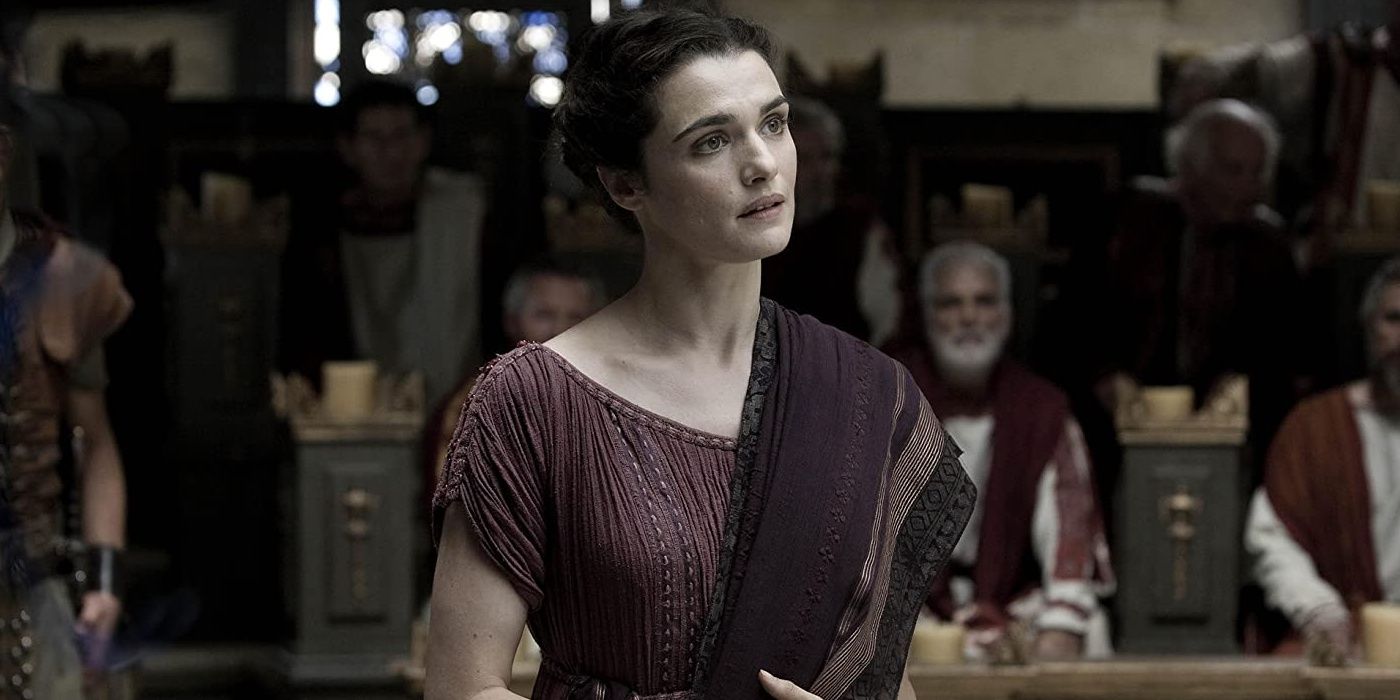
Agora doesn't just recreate the ancient city of Alexandria, including specific places like temples and government buildings, but also the social norms and politics of the time. The story revolves around Hypatia of Alexandria and her students, one of whom is a slave who hopes Christianity will lead him to freedom, the other who is an opponent of the local Bishop.
This movie saw a limited release in North America due to its portrayal of the early church and its adherents, which is certainly not flattering but still entirely factual. On the contrary, the grisly murder of Hypatia is actually sanitized in the film.
9 The History of the World, Part 1 (1981)
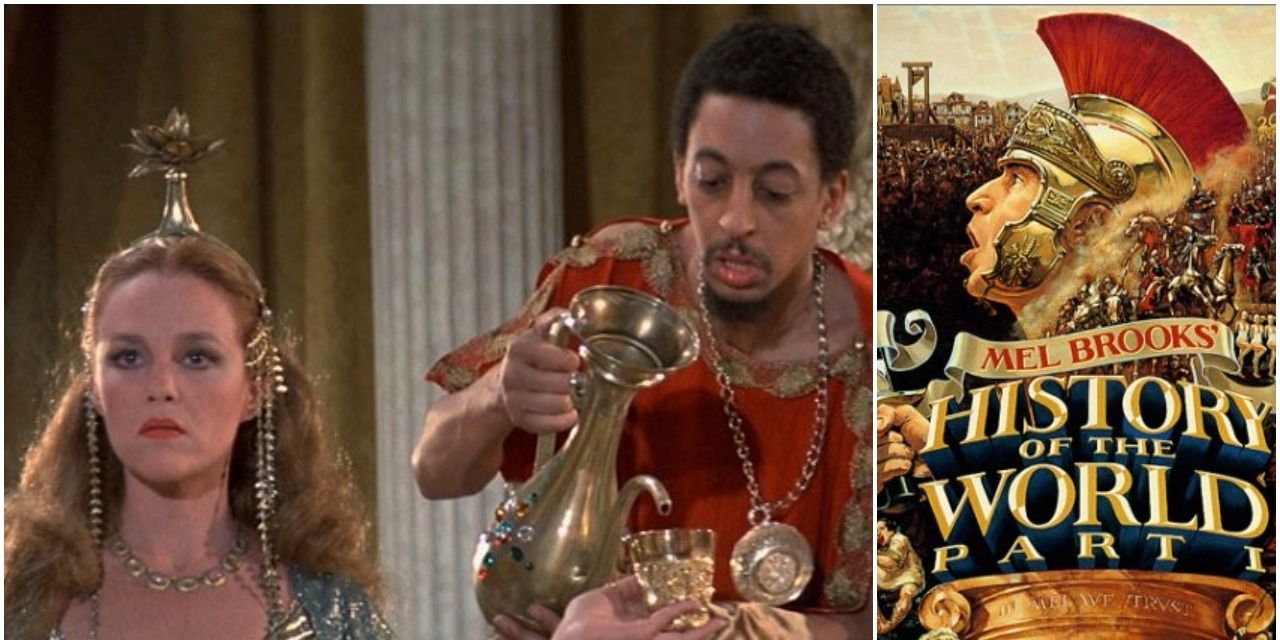
It's funny because it's true. Not all of this movie is about ancient history, but the segment that takes place in classical Rome is the most memorable and uses historical facts as part of the joke. That guy selling indoor piping, certain protocols surrounding returning generals, and the slaves and vestal virgins are all based on fact. Even the gladiator collecting unemployment insurance from a saucy civil servant played by Bea Arthur? Yes, Rome had a welfare state.
The main character, Comicus, works as a "stand-up philosopher," which would be the modern equivalent of a Master of Ceremonies or a comedian, a common profession in virtually every time period, but a very popular one in decadent Rome.
8 Centurion (2010)
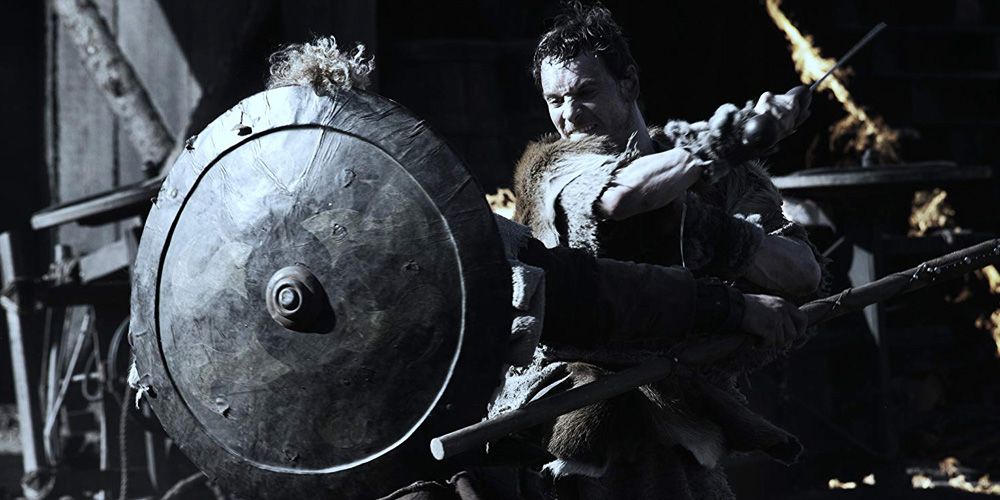
It's unclear why Hollywood had a sudden interest in the mystery surrounding the disappearance of the Ninth Spanish Legion in 177 C.E., but we got a few movies about it anyway and this is one of the best. Records still exist of an entire Roman legion marching north to teach the troublesome Picts a lesson, never to be heard from again. The major reversal in the plot is based on the prevailing theory that a guerilla attack wiped most of them out, leaving any survivors to struggle for survival in the cold northern woods.
The specific events of the movie are dramatized, but true to the extent that it describes some of the more cruel, unusual, and sordid practices of the invading Roman army. This includes their intention to wipe out the Picts completely and dominate the whole island of Briton. The Romans had been trying to conquer northern Briton for some time, and the total loss of an entire legion, virtually gone without a trace, soured the Empire on the idea in the future.
7 Hero (2002)
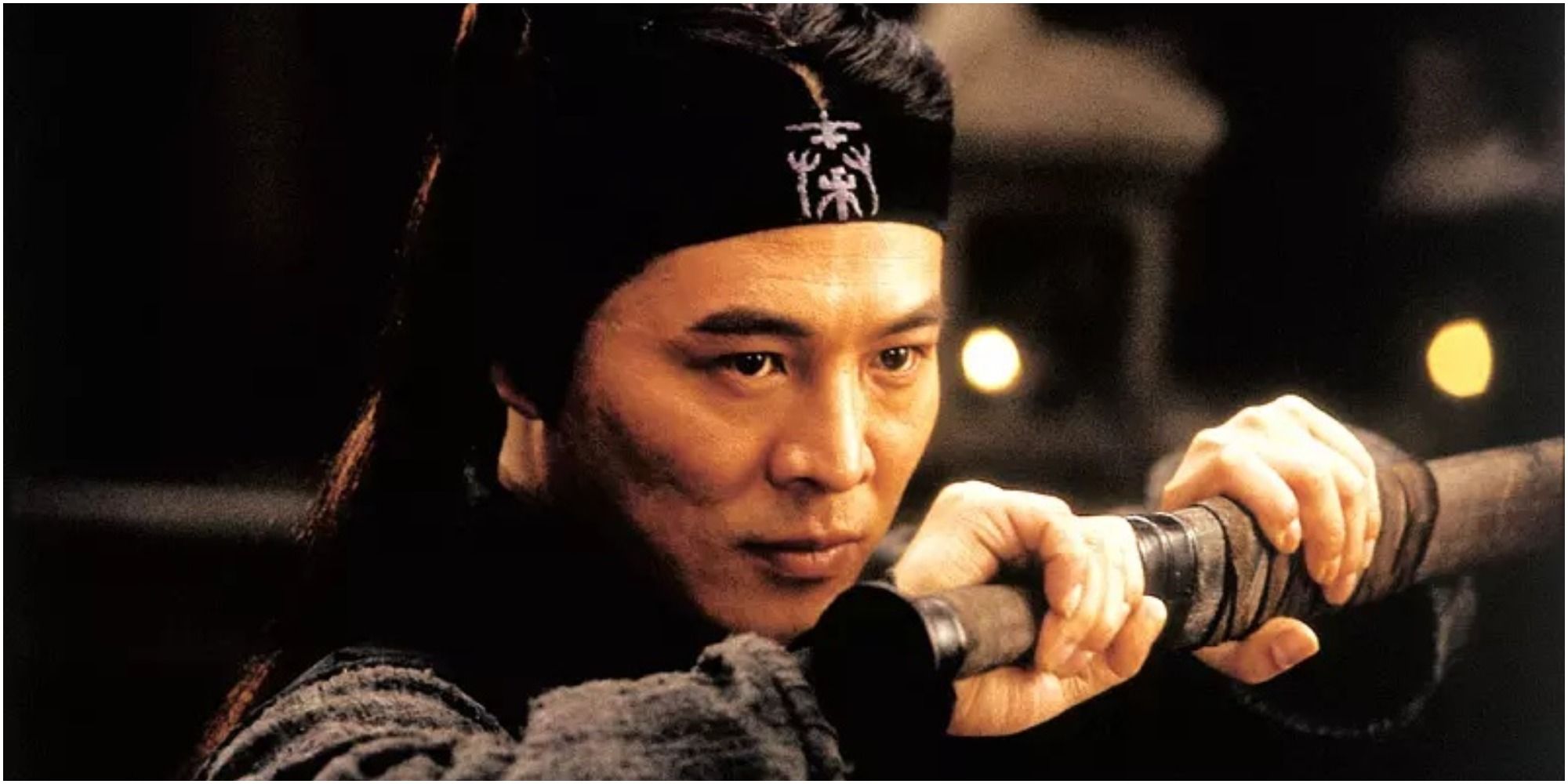
Although the story told in Hero is little more than a legend, the setting is authentic. During this era, from about 200 C.E., China was divided into several different states, with one ambitious Emporer and his minister doing their best to conquer and unite all of them. Not everyone agreed with this plan, and this movie is about an elaborate assassination plot that very well could be based on real-life events.
Watch this movie for the incredible cinematography and costuming, which gives the movie a legendary look and is deeply immersive from a visual standpoint.
6 Alexander (2004)
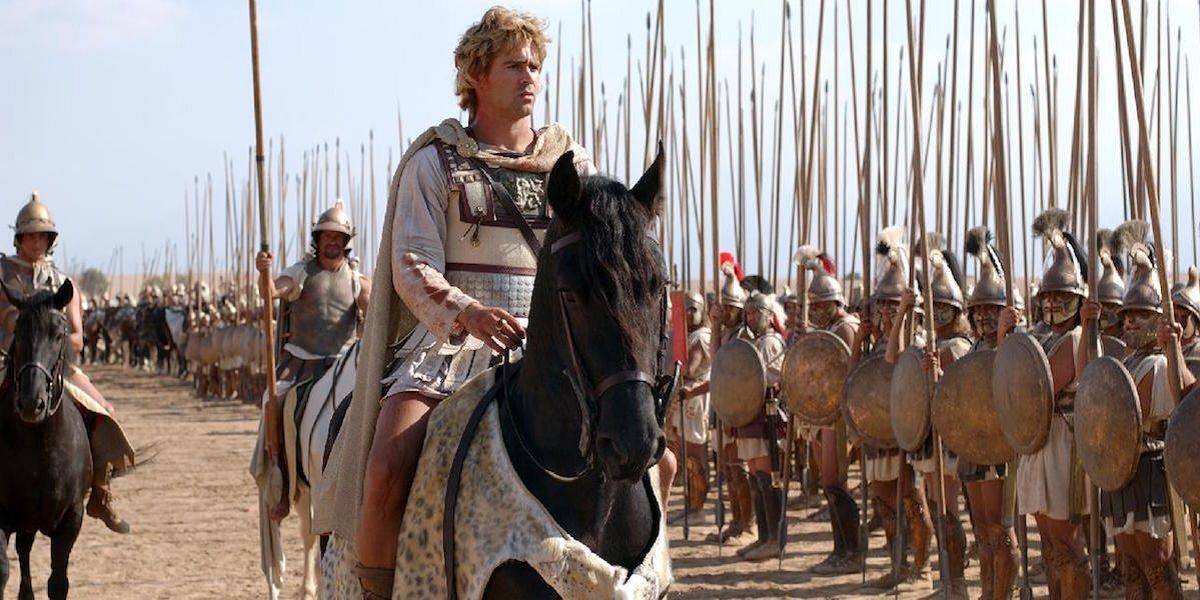
Most of the criticism aimed at this film focuses on the casting and script, but the depictions of certain events, places, and people are on point for the time. This includes Alexander's doting mother Olympias, his mentor Old Ptolomy, and his father King Philip.
The movie recreates certain specific, important events that include many of Alexander's famous battles against the Persian Empire and more subtle historic mysteries, like exactly who murdered King Philip and why. Costumes, locations, sets, and other details were painstakingly recreated to make this look real. Too bad they didn't spend half as much time on the dialogue.
5 Life Of Brian (1979)
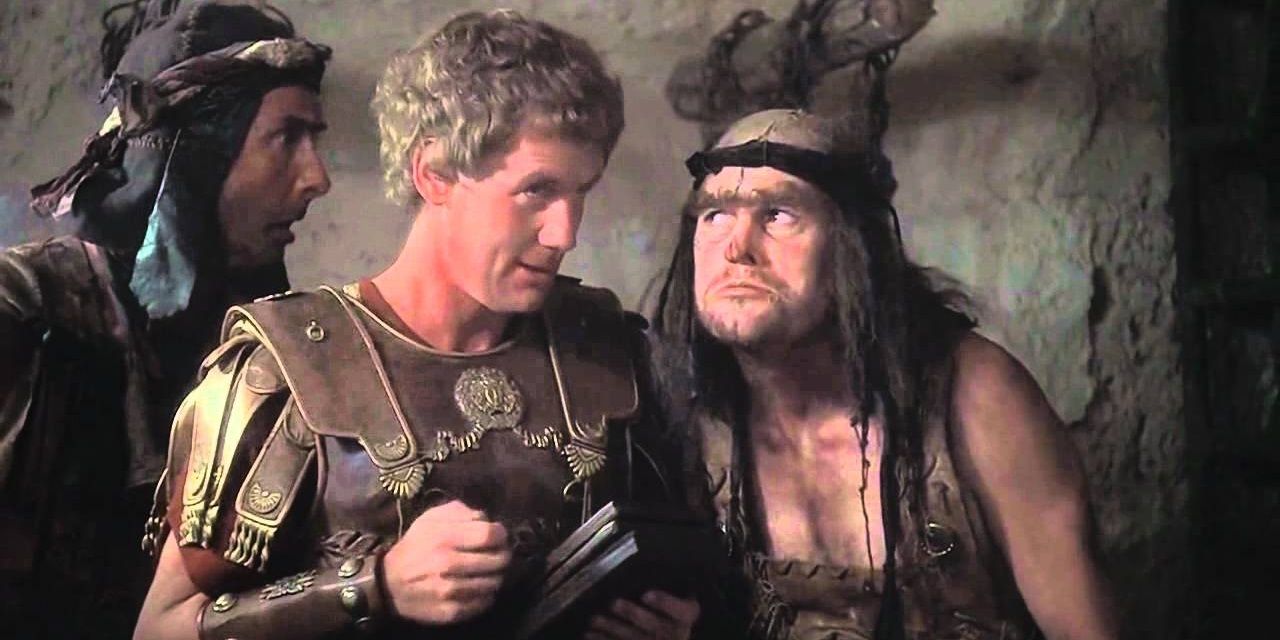
Here's another place where comedy tells the truth better than drama or even a documentary. It starts with a joke of everyman Brian being mistaken for Jesus, ever since the day he was born. The plot then tricks the viewer by putting Christ in the opening scene, as if this is yet another spiritual movie, but then veers back to Brian again. The rest of the story is about his ill-fated journey through the convoluted world of ancient Judean and Roman politics.
Even in 1979, this movie faced a lot of controversy for its flippant depiction of the beginnings of Christianity, and the jokes about gruesome practices, like crucifixion, or diseases, like leprosy, are still a lot to stomach. Some of the jokes are creative but still plausible. It's not certain that Pontius Pilate had a speech impediment, but it can't be proven that he didn't.
4 Spartacus (1960)
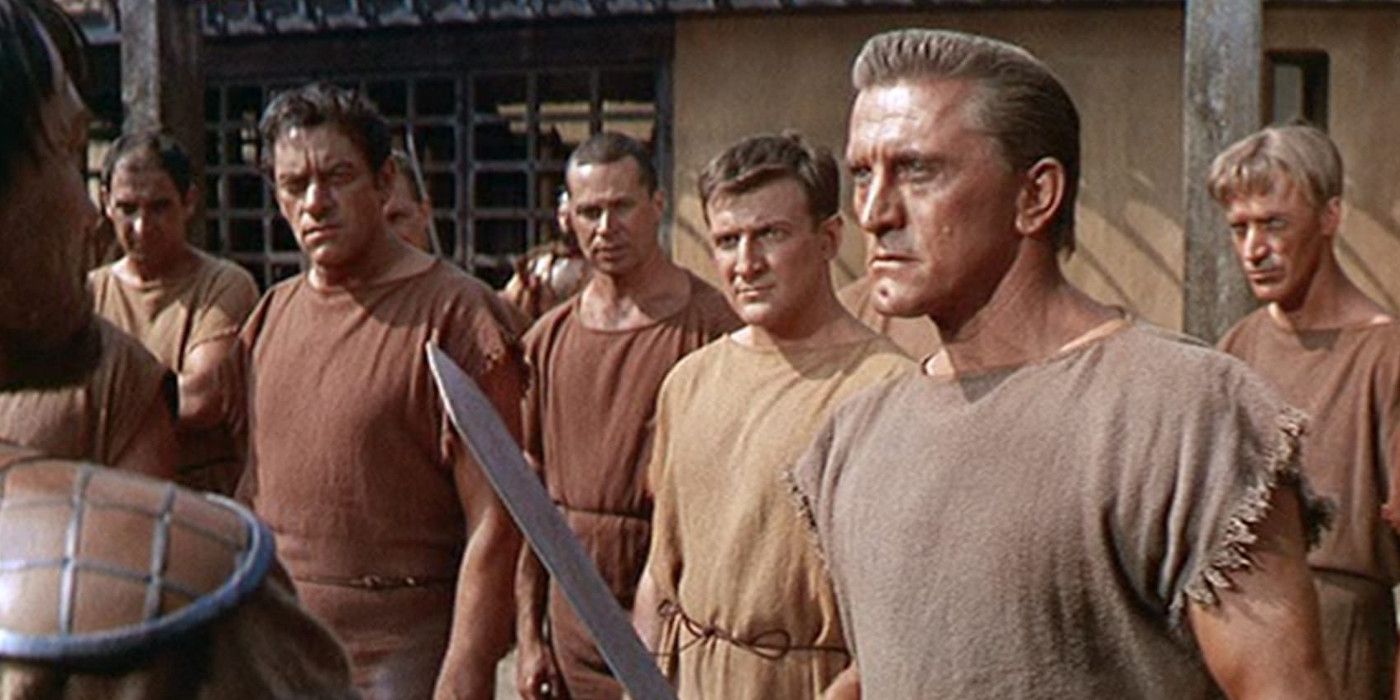
During the Golden Age of Hollywood, movies about Rome were the superhero franchises of the day. They had high budgets, starred members of the Thespian elite, and were directed by the biggest names in the business. As far as historical accuracy, however, they often came up short, telling romantic stories of the glamorous emperors and oligarchs that lived wild, shameless lives.
Spartacus isn't innocent of this, but it tells an accurate story of the practice of slavery, the marketing and training of gladiators, and social divisions in Rome that gave rise to the actual slave rebellion on which this film is based. Many of the famous people in this movie really existed, and that refers to not only the title character but also Senator Gracchus, Patrician orator Marcus Publius Glabrus, and even Julius Ceasar himself.
3 Beowulf (2007)
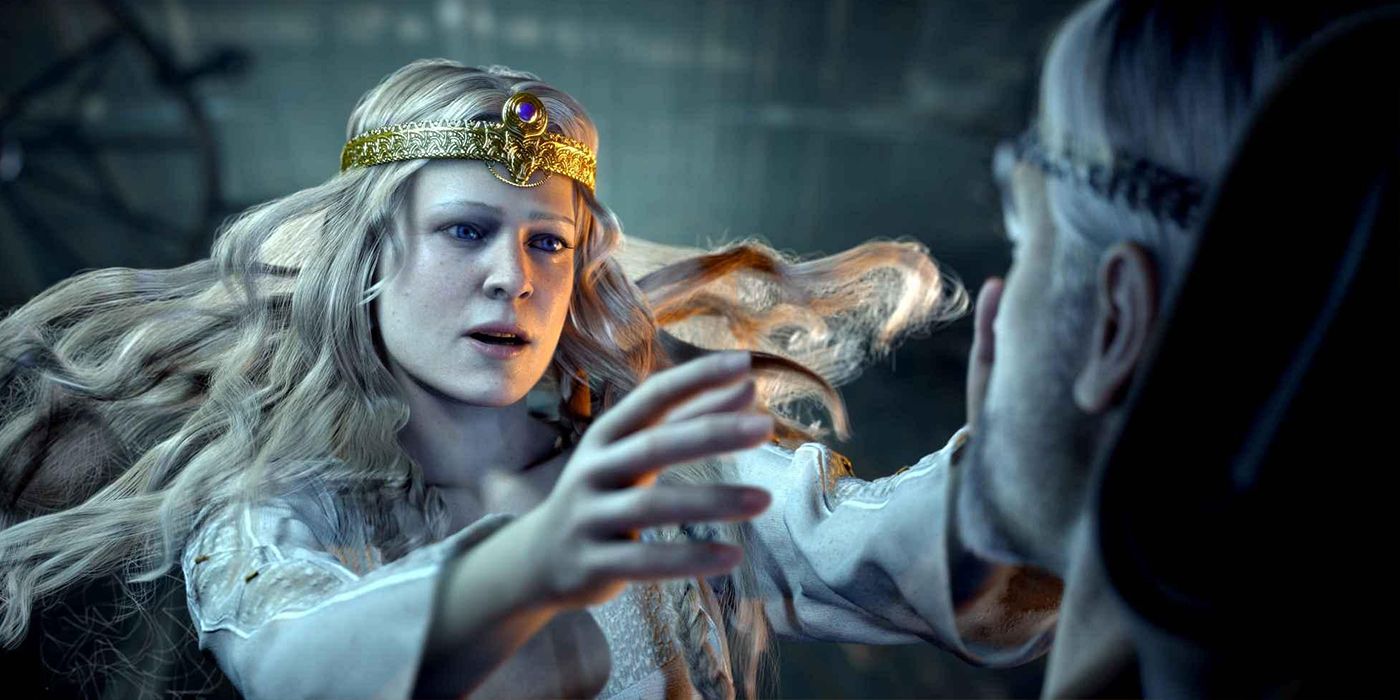
The earliest text version we have of this Scandinavian legend dates from about 1000 C.E., but the story itself is much older. Obviously, the realistic parts of this film aren't the ones that include Grendel or the golden dragon, although these images to appear in the story, but the recreation of an ancient Danish feast-hall and other customs related to marriage and kingship reflects the authentic cultural norms of the time.
What's unique about this movie is the interpretation of the character of Beowulf himself, who is as much a trickster and con-man as a hero, a subtle comment about the differences between myth and reality, or in this case, legend and history.
2 A Funny Thing Happened On The Way To The Forum (1966)
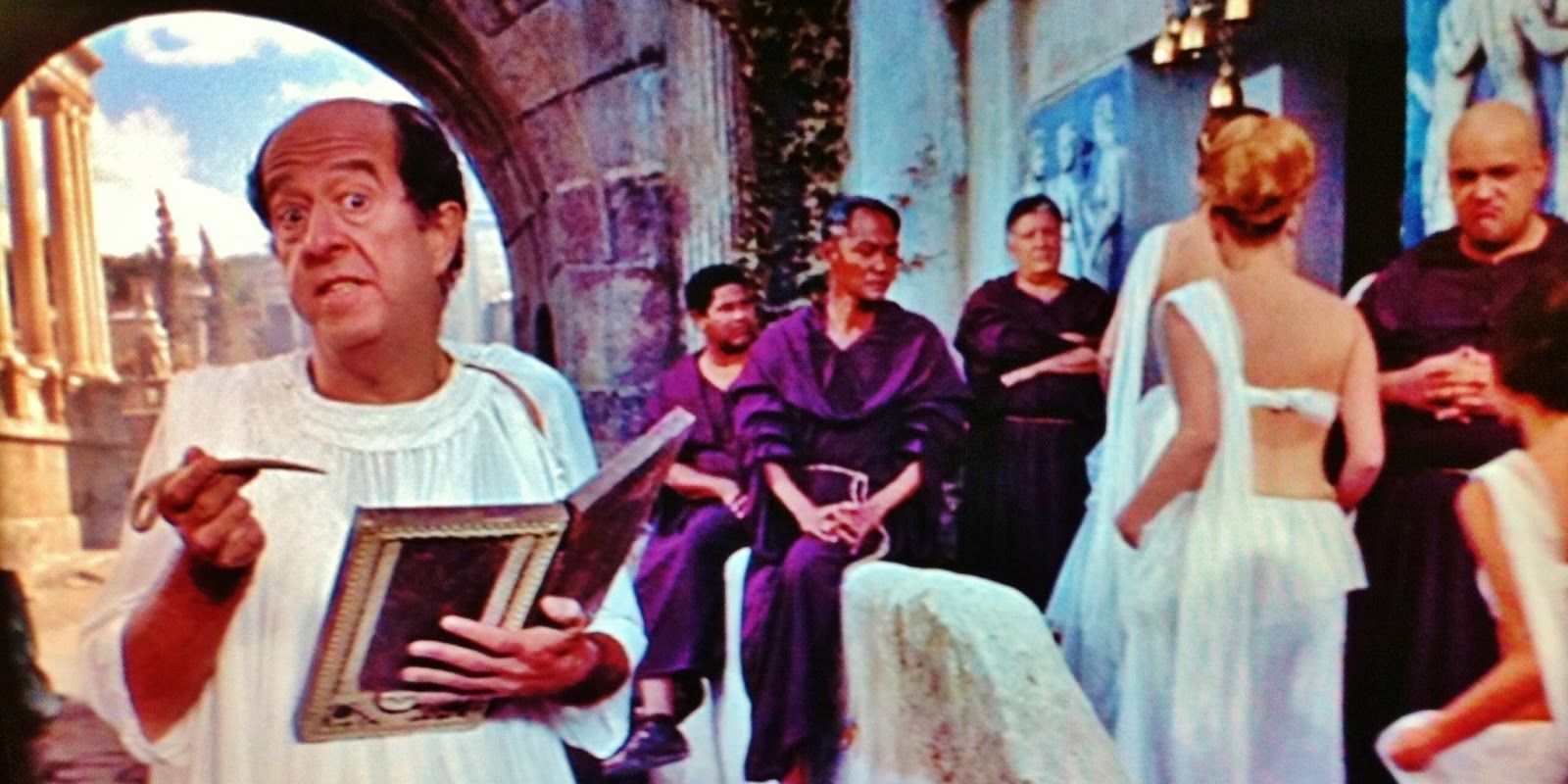
A comic predecessor the Mel Brooks flick, this movie broke new ground in cinema for several reasons, and not only for its realistic portrayal of daily Roman life. The 1960s were a time of rebellion, and Hollywood was no exception. One of the reactions against the typical Roman Bible epic was movies like A Funny Thing Happened on the Way to the Forum. The story is ridiculous, but it's the setting that's really brilliant, getting mundane details like costumes, makeup, city decor, and daily chores mostly correct.
The main characters include slaves, prostitutes, lecherous old men, and crooks of all classes, as opposed to noble characters, like Jesus and Julius Ceasar. There's nothing evenly remotely biblical or patrician about it, and it uses the freedoms that Romans enjoyed to mock the censorship of the time.
1 Red Cliff (2008)
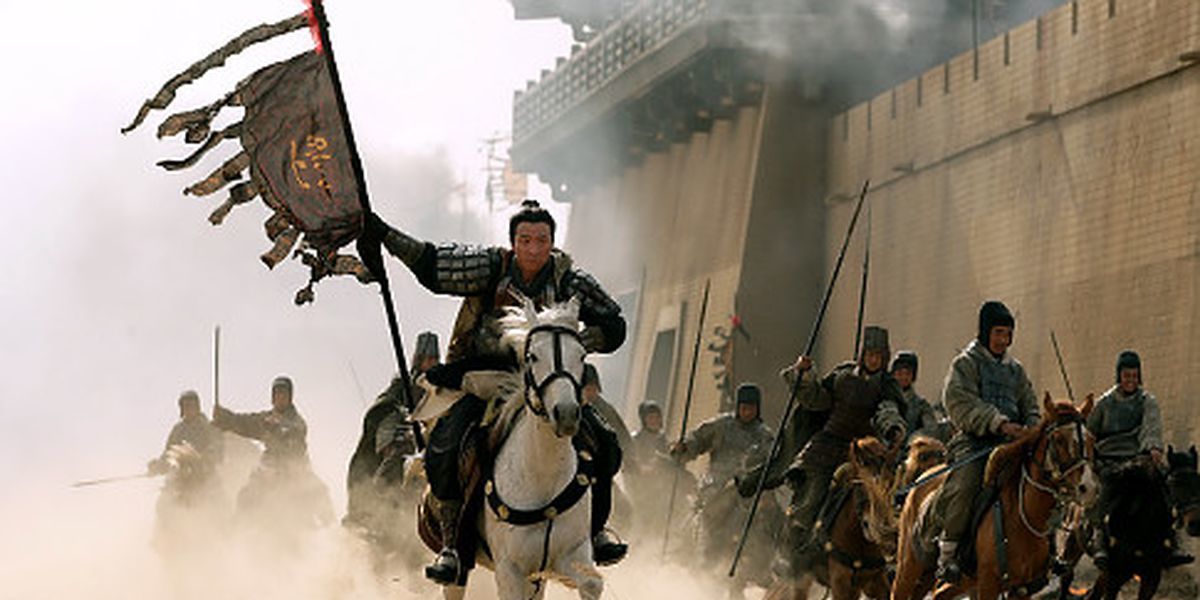
There's a lot of media about the Warring States Period in China, ranging from the fantastic in movies like Hero to more realistic depictions of the historic reality, like in Red Cliff.
It's a retelling of the final days of the Han Dynasty and the wars that ensued from the Emporer's efforts to dominate all of China. The film includes several real historic figures and follows the authentic events of the time, along with recreating details, like battle standards, armor, and clothing.
from ScreenRant - Feed https://ift.tt/358Lpvj


0 Comments